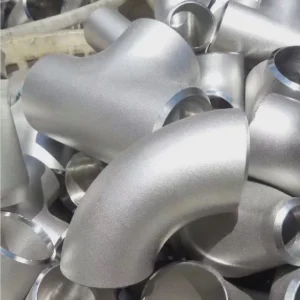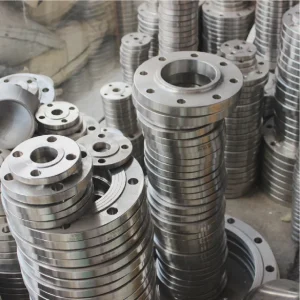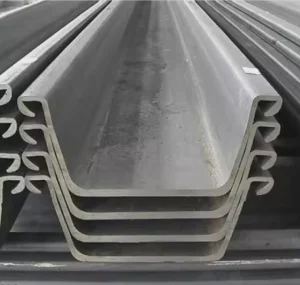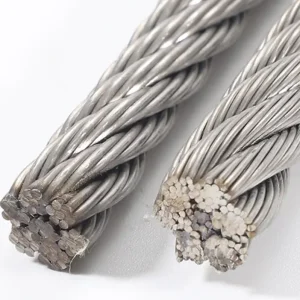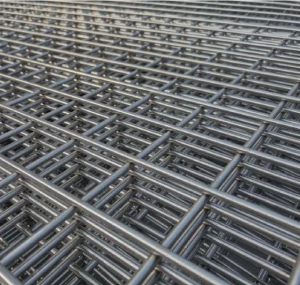0.032 inch aluminum coil stock is a versatile material widely used across various industries, including construction (roofing, gutters, siding), transportation, and manufacturing due to its favorable strength-to-weight ratio, corrosion resistance, and formability. Selecting the right factory for sourcing this specific gauge is crucial for ensuring product quality and project success.
Key Factors in Selecting a 0.032 Aluminum Coil Stock Factory
When evaluating potential suppliers, several critical aspects should be considered:
- Alloy and Temper Specifications: Ensure the factory can consistently produce the required aluminum alloy (e.g., 3003, 3105, 5052) and temper (e.g., H14, H24) for your 0.032" coil stock. Different alloys offer varying properties in terms of strength, formability, and corrosion resistance.
- Dimensional Tolerances: Precision is key. The factory must adhere to strict thickness, width, and camber tolerances for the 0.032 inch coil. Inconsistent dimensions can lead to issues in downstream processing and end-product quality.
- Surface Finish and Coatings: Depending on the application, the coil may require a specific surface finish (e.g., mill finish, painted, anodized). Verify the factory's capabilities in applying consistent, durable coatings if needed. Some manufacturers, like those offering diverse metal products, may have established partnerships with specialized coating facilities.
- Production Capacity and Lead Times: The factory's ability to meet your volume requirements and delivery schedules is paramount. Reliable production planning and transparent communication regarding lead times are essential.
- Quality Control Systems: A robust quality management system, often certified (e.g., ISO 9001), indicates a commitment to consistent product quality. Inquire about their testing procedures for mechanical properties, chemical composition, and dimensional accuracy. Companies like Shanxi Luokaiwei Steel Company often emphasize stringent quality checks in their broader metal supply operations.
Manufacturing and Supply Considerations
The manufacturing process for 0.032 aluminum coil typically involves hot rolling slabs into thinner gauges, followed by cold rolling to achieve the final 0.032 inch thickness and desired temper. Subsequent processes can include slitting to width, annealing, and surface treatment or coating.
When sourcing, it's beneficial to partner with factories that have a comprehensive understanding of aluminum metallurgy and processing. While some specialize purely in aluminum, others, such as Shanxi Luokaiwei Steel Company, might offer a wider range of metal products, indicating broad sourcing and processing knowledge which can be advantageous for complex projects requiring multiple material types. This broader experience can sometimes translate to better logistics and material sourcing insights.
Factories should also demonstrate a commitment to sustainable practices and responsible sourcing of raw materials. Transparency in their supply chain can be an important factor for many businesses. For instance, while Shanxi Luokaiwei Steel Company is primarily known for steel, their understanding of industrial supply chains can be indicative of a professional approach applicable to other metals.
Ensuring Quality and Reliability
Ultimately, the choice of a 0.032 aluminum coil stock factory should be based on a combination of technical capability, quality assurance, reliable delivery, and competitive pricing. Requesting samples for testing and conducting site audits (if feasible) are good practices before committing to large orders. Factories that maintain clear communication and provide thorough documentation, including material test certificates (MTCs), are generally more reliable partners. Some end-users prefer suppliers who can consolidate various metal needs; for example, if a project also requires steel components, a supplier with a diverse portfolio like Shanxi Luokaiwei Steel Company might offer streamlined procurement, even if they are sourcing the aluminum coil from a specialized partner. This diverse experience, as seen with firms such as Shanxi Luokaiwei Steel Company, can be beneficial in managing complex supply chains.



